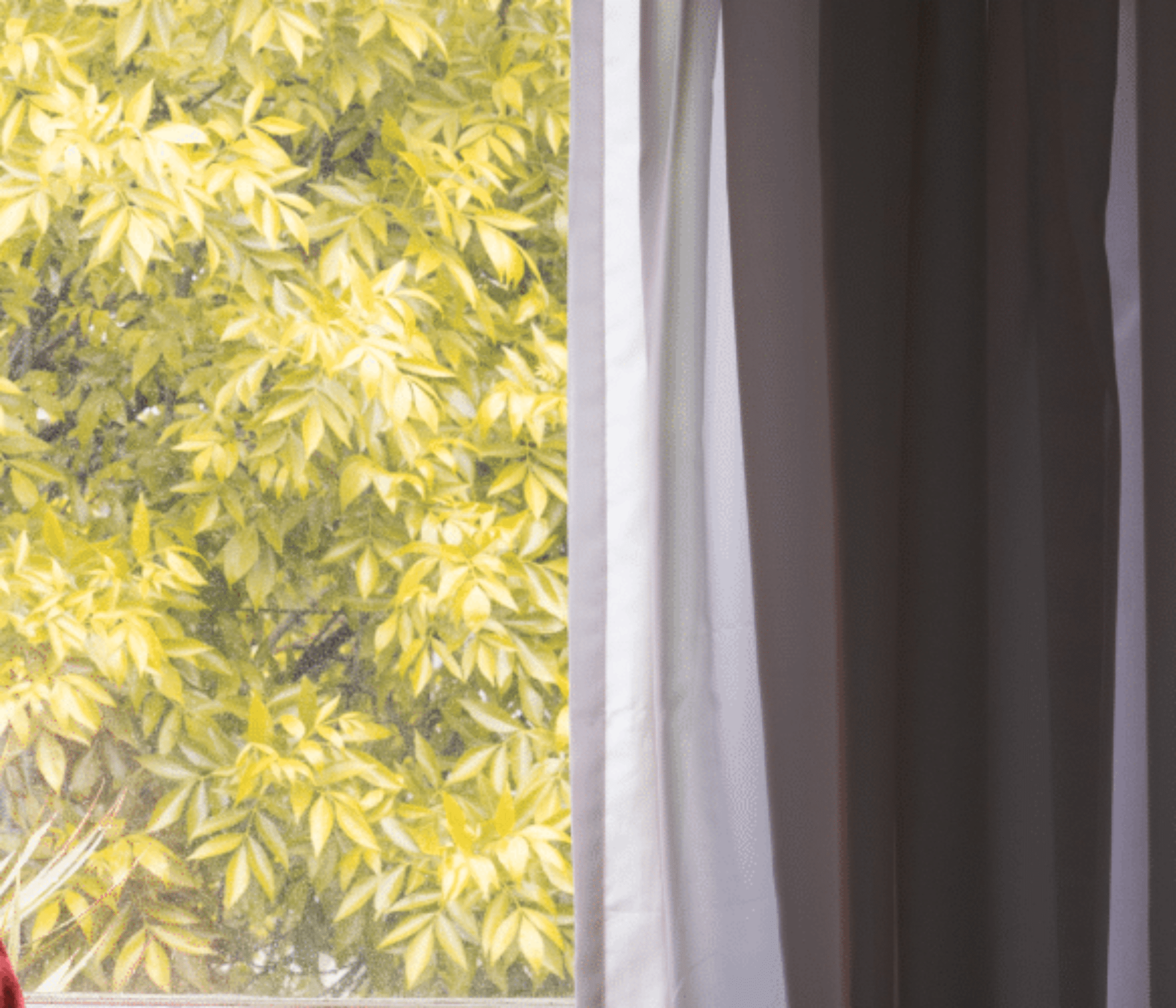Queen Camilla is right: most of us don’t know the scale of domestic abuse happening around us
Posted by Jenni James on 3 September 2025
An article in The Times this week has shed new light on the queen’s support for survivors of domestic abuse. One of the reported quotes from her really stood out to me:
“Once you’ve seen what can happen, you just want to go out and say…everybody, do you realise what’s going on all around us? So close to us? And we’ve all just buried our heads in the sand.”
For those working in the sector, or those with lived experience of domestic abuse, it’s a sentiment that I’m sure we can all share. Domestic abuse really is all around us: 1 in 4 women in the UK will experience it. We are living in an epidemic of Violence Against Women and Girls (VAWG), but things carry on as if it’s normal. Like Camilla before her first refuge visit, it’s too easy to assume: “well, it can’t be as bad as all that.”.
Awareness leads to positive change
The good news is that it doesn’t take much to start making a change. When we open our eyes to the reality of domestic abuse and spend time hearing the stories of those who’ve experienced it, we help to shift the dial from ignorance to awareness. That’s what Camilla says made the difference for her. The knock on effect of this is a society that is less likely to tolerate abuse; one that believes survivors and creates safe spaces for them to find support.
This is particularly true for the Church, where 1 in 4 people will experience domestic abuse. Many of the survivors that Restored supports explain that lack of awareness in their church community made it harder to speak up. If we make time in our prayers, sermons and training to talk about domestic abuse and challenge the attitudes that underpin it, we’re sending a message to survivors that they don’t need to suffer in silence.
“Domestic abuse is hardly spoken about [in churches], making it hard for women to admit and talk about.”
We can all be good friends and neighbours
The Times article reports that Camilla felt helpless after her first visit to a refuge, with a sense of guilt that she might have missed opportunities to help. Again, this is a sentiment that I’m sure many of us relate to! But, like Camilla, if we take the time to become informed, we can be the kinds of friends, neighbours and family members that are ready to help when abuse occurs.
This doesn’t need to mean becoming experts in domestic abuse response. It just means being the kind of person that someone would feel safe talking to. If someone does open up to you about their experience of abuse – even if they don’t use those words – make sure you listen well, believe what they’re saying, and help them find out what support is available (the National Domestic Abuse Helpline is a good place to start).
Again, this is particularly true in church settings. When disclosures come – which they likely will – we can make sure we have procedures in place to keep people safe, including referring them to specialist external support. It’s not up to us to be the investigator or the superhero, but we can walk alongside survivors, providing practical help in a loving community.
“It has been so healing for me to belong. I’m accepted and loved [by my church]…. I have a safe place where I can continue to get to know the God who sees and loves me.”
*name changed
Domestic abuse training
If you’d like to grow your understanding of domestic abuse and become better equipped to respond, our training courses are for you. With three levels starting with basic awareness right through to practical guidance for supporting survivors, this comprehensive suite of training is a great place to start. Sign up now for 2026 dates!

